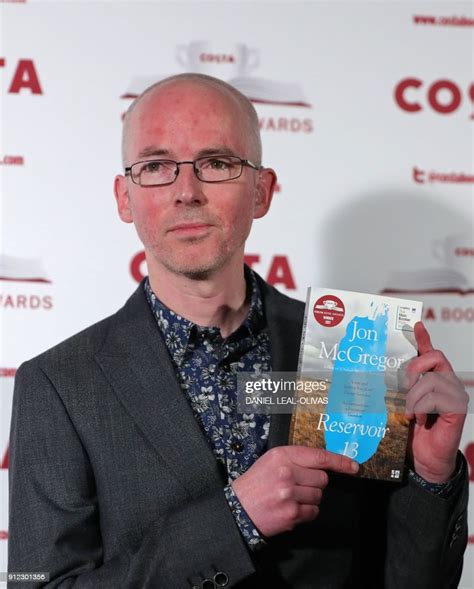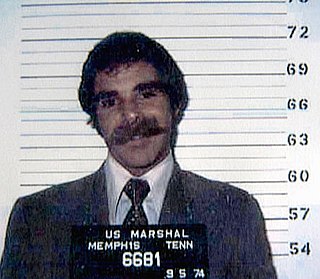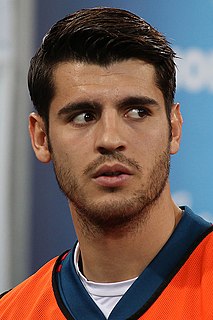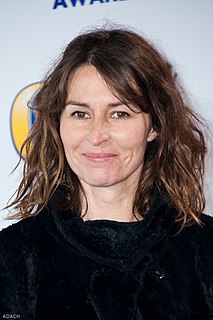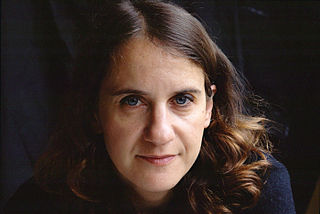A Quote by Paul Weller
"Ageism" or whatever you want to call it, is a very English phenomenon. You don't get it too much in many other cultures. And no one says it about authors or poets or filmmakers. "Oh, they're too old to make films or write books." You know what I mean?
Related Quotes
Films take too long. There's too much BS, too much nonsense. If I want to do a play, I just call the theater, whether it's here, or in Paris or Mexico or Spain or London or whatever, and say, "I want to do this, are you interested?" They'll answer the next day. With a movie, it's all, "Oh, I see this film as blah blah blah." They don't know what you're talking about, they don't care.
I've been asked to do small parts in films, but you know, what I've learned in the 12 Steps of Recovery is that for me, being a public person, is not a very healthy thing. There's too many drugs, too many jets, too many girls, too many parties. It's just not my lifestyle. I'm 58 years old. A good round of golf is about as exciting as my life gets.
Even before the economic crisis in Greece there was no structure for making films - no proper industry, and the structure didn't help filmmakers at all. So filmmakers had to help each other, and make very, very low-budget films. Now with the crisis, things got a bit worse, but filmmakers are still going to be making films. It didn't change that much.
You just do the best you can. It doesn't necessarily mean that you have to get worse the more you do it. It can get better, I think... aspects of it, anyway. I mean, I don't write as much as I used to. But I don't do a lot of things as much as I used to. So that's the natural order of things, too. You're more or less living in the present. You're just trying to get that next song, whatever it is. And not think too much about what happened on the last record, or the record you made 20 years ago, because those are over with. Those are done.
What I want to do is make films that astonish people, that astound people, and I hope you want to do that too. It's easy to make money. It's easy to make films like everybody else. But to make films that explode like grenades in people's heads and leave shrapnel for the rest of their lives is a very important thing. That's what the great filmmakers did for me. I've got images from Fellini, from Bergman, from Kurowsawa, from Bunuel, all stuck in my brain.
You know, I think everybody I've seen has come from some other therapy, and almost invariably it's very much the same thing: the therapist is too disinterested, a little too aloof, a little too inactive. They're not really interested in the person, he doesn't relate to the person. All these things I've written so much about. That's why I've made such a practice really, over and over to hammer home the point of self-revelation and being more of yourself and showing yourself. Every book I write I want to get that in there.
The difficulty will be to keep her from learning too fast and too much. She is always sitting with her little nose burrowing into books. She doesn't read them, Miss Minchin; she gobbles them up as if she were a little wolf instead of a little girl. She is always starving for new books to gobble, and she wants grown-up books--great, big, fat ones--French and German as well as English--history and biography and poets, and all sorts of things. Drag her away from her books when she reads too much.
Liz, I like you very much," he says. "Oh," she says, "I like you very much, too!" Owen is not sure if she means "O" for Owen, or just plan "Oh." He is not sure what difference it would make in either case. He feels the needs to clarify. "When I said 'I like you very much,' I actually meant 'I love you.'" "O," she says, "I actually meant the same thing." She closes the car door behind her. "Well," he says to himself, driving back to his apartment, "isn't that something?
I studied English Literature. I wasn’t a very good student, but one thing I did get from it, while I was making films at the same time with the college film society, was that I started thinking about the narrative freedoms that authors had enjoyed for centuries and it seemed to me that filmmakers should enjoy those freedoms as well.


